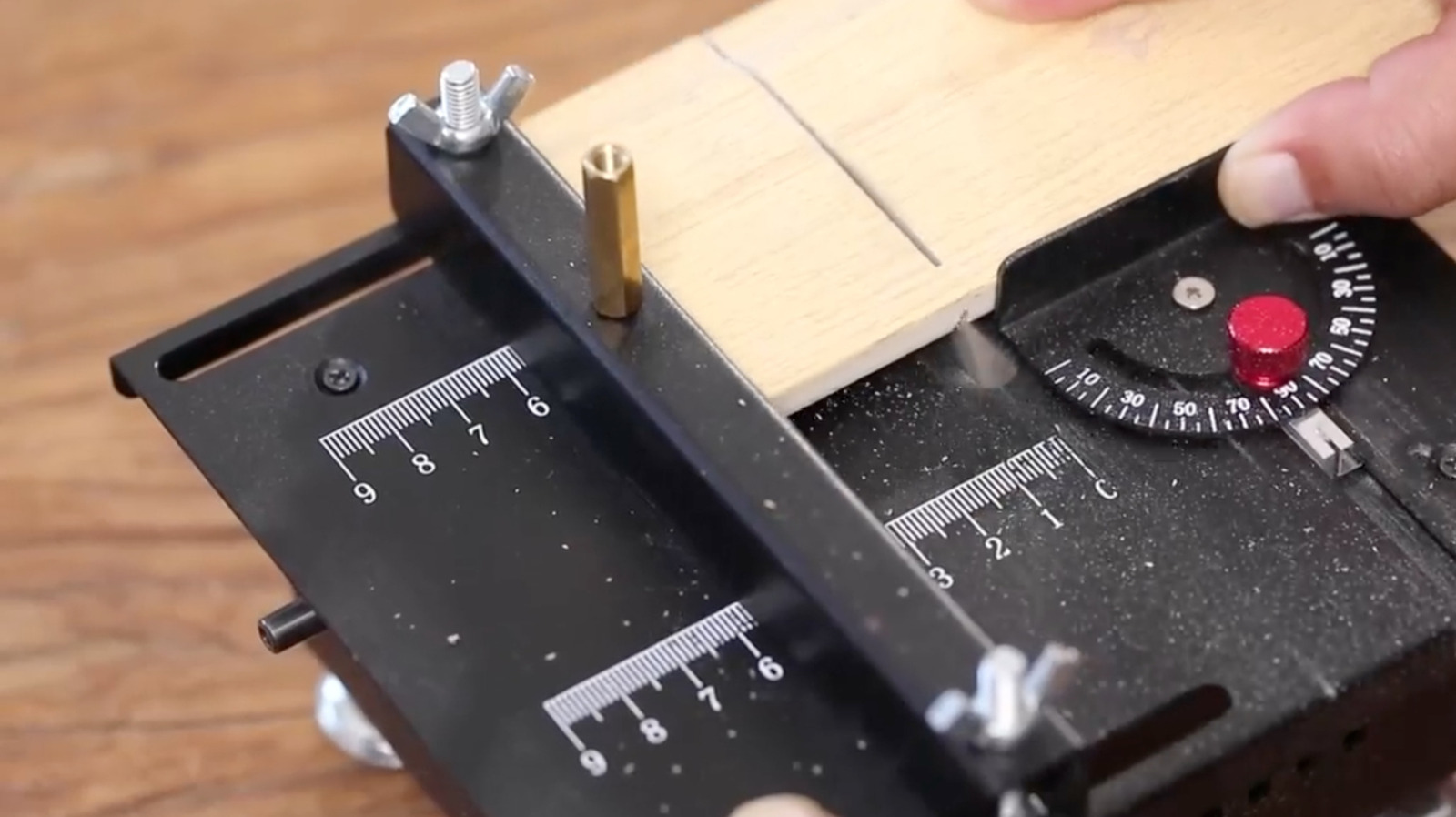How to Generate Compact Regular Expressions in Ruby?
Introduction Creating compact regular expressions from lists of integers is a useful skill in programming, especially when dealing with validation rules. In this article, we will explore how to dynamically generate a regular expression in Ruby that captures ranges of integers compactly. Given a list of integers, we will learn to generate regex patterns like /^([1-7]|9|1[0-5]|1[7-9]|2[0-3]|2[5-9]|3[0-1])$/. This regex should effectively match only the specified numbers in the most efficient way. Why is it Important? Generating compact regular expressions helps in improving performance during string pattern matching. It can reduce complexity and increase readability which is crucial when maintaining code. If not executed properly, no significant savings in performance or readability will be achieved, making it essential to write robust yet simple code for this task. Understanding the Current Implementation The provided Ruby code is broken down into several functions, with the purpose of grouping the integers into ranges and converting these ranges into regular expressions. The main issue arises from an inefficient regex generation process which results in a verbose and overly complex regex. Functions Explained number_list_to_ranges(numbers): This function collects consecutive integers and returns an array of ranges. range_to_regex(r): This function tries to transform a range object into a regular expression string but fails to represent ranges compactly, which is the core requirement. generate_regex(numbers): The driving function that focuses on generating the compact regex using the previous two functions. Solution: Improving the Regular Expression Generation Let’s enhance the range_to_regex function to properly handle the range transformations and improve the overall regex generation logic. Here’s a revised version of the code: def number_list_to_ranges(numbers) numbers.sort! ranges = [] start = numbers.first prev = numbers.first numbers[1..].each do |n| if n == prev + 1 prev = n else ranges

Introduction
Creating compact regular expressions from lists of integers is a useful skill in programming, especially when dealing with validation rules. In this article, we will explore how to dynamically generate a regular expression in Ruby that captures ranges of integers compactly. Given a list of integers, we will learn to generate regex patterns like /^([1-7]|9|1[0-5]|1[7-9]|2[0-3]|2[5-9]|3[0-1])$/. This regex should effectively match only the specified numbers in the most efficient way.
Why is it Important?
Generating compact regular expressions helps in improving performance during string pattern matching. It can reduce complexity and increase readability which is crucial when maintaining code. If not executed properly, no significant savings in performance or readability will be achieved, making it essential to write robust yet simple code for this task.
Understanding the Current Implementation
The provided Ruby code is broken down into several functions, with the purpose of grouping the integers into ranges and converting these ranges into regular expressions. The main issue arises from an inefficient regex generation process which results in a verbose and overly complex regex.
Functions Explained
- number_list_to_ranges(numbers): This function collects consecutive integers and returns an array of ranges.
- range_to_regex(r): This function tries to transform a range object into a regular expression string but fails to represent ranges compactly, which is the core requirement.
- generate_regex(numbers): The driving function that focuses on generating the compact regex using the previous two functions.
Solution: Improving the Regular Expression Generation
Let’s enhance the range_to_regex function to properly handle the range transformations and improve the overall regex generation logic. Here’s a revised version of the code:
def number_list_to_ranges(numbers)
numbers.sort!
ranges = []
start = numbers.first
prev = numbers.first
numbers[1..].each do |n|
if n == prev + 1
prev = n
else
ranges << (start..prev)
start = n
prev = n
end
end
ranges << (start..prev)
end
# Improved range_to_regex function
def range_to_regex(r)
return r.begin.to_s if r.begin == r.end
if r.begin >= 0 && r.end <= 9
"[#{r.begin}-#{r.end}]"
elsif r.begin >= 10 && r.end <= 99
tens = r.begin / 10
units_start = r.begin % 10
units_end = r.end % 10
if r.begin / 10 == r.end / 10 # Same tens
"#{tens}[#{units_start}-#{units_end}]"
else
(r.begin..r.end).map(&:to_s).join('|')
end
else
(r.begin..r.end).map(&:to_s).join('|')
end
end
def generate_regex(numbers)
ranges = number_list_to_ranges(numbers.uniq)
parts = ranges.map { |r| range_to_regex(r) }
"/^(" + parts.join('|') + ")$/"
end
nums = [1,2,3,4,5,6,7,9,10,11,12,13,14,15,17,18,19,20,21,22,23,25,26,27,28,29,30,31]
puts generate_regex(nums)
Adjustments Explained
- The
range_to_regexfunction has been modified to handle ranges more effectively. Specifically, it checks if both the start and end of the range share the same tens, allowing us to return a compact representation such as1[0-5]for the range of 10 to 15. - To verify correctness, the resulting regex will only encompass the specified integers, compactly representing ranges and saving space.
FAQ
What types of input does this code work with?
This code accepts a list of integers and sorts them to form compact regex patterns. It handles both continuous and discrete numbers effectively.
Can this be customized for other ranges?
Yes! You can modify the conditions within the range_to_regex to accommodate different numeric ranges or formats as needed.
How can I test the output of the generated regex?
You can test the output regex string against sample data using Ruby's built-in Regex methods to ensure it accurately matches the intended numbers.
Conclusion
Generating compact regular expressions can be efficiently done in Ruby with some procedural refinements. By properly recognizing ranges, we can economize our regex output while enhancing readability and maintainability of the code. Using the provided implementation, you can adapt and extend this concept further as per your project requirements.





































































































































































![[The AI Show Episode 145]: OpenAI Releases o3 and o4-mini, AI Is Causing “Quiet Layoffs,” Executive Order on Youth AI Education & GPT-4o’s Controversial Update](https://www.marketingaiinstitute.com/hubfs/ep%20145%20cover.png)




























































































































![[DEALS] Microsoft 365: 1-Year Subscription (Family/Up to 6 Users) (23% off) & Other Deals Up To 98% Off – Offers End Soon!](https://www.javacodegeeks.com/wp-content/uploads/2012/12/jcg-logo.jpg)




![From Art School Drop-out to Microsoft Engineer with Shashi Lo [Podcast #170]](https://cdn.hashnode.com/res/hashnode/image/upload/v1746203291209/439bf16b-c820-4fe8-b69e-94d80533b2df.png?#)




















![Re-designing a Git/development workflow with best practices [closed]](https://i.postimg.cc/tRvBYcrt/branching-example.jpg)




















































































(1).jpg?#)






























_Inge_Johnsson-Alamy.jpg?width=1280&auto=webp&quality=80&disable=upscale#)































































































![The Material 3 Expressive redesign of Google Clock leaks out [Gallery]](https://i0.wp.com/9to5google.com/wp-content/uploads/sites/4/2024/03/Google-Clock-v2.jpg?resize=1200%2C628&quality=82&strip=all&ssl=1)
![What Google Messages features are rolling out [May 2025]](https://i0.wp.com/9to5google.com/wp-content/uploads/sites/4/2023/12/google-messages-name-cover.png?resize=1200%2C628&quality=82&strip=all&ssl=1)














![New Apple iPad mini 7 On Sale for $399! [Lowest Price Ever]](https://www.iclarified.com/images/news/96096/96096/96096-640.jpg)
![Apple to Split iPhone Launches Across Fall and Spring in Major Shakeup [Report]](https://www.iclarified.com/images/news/97211/97211/97211-640.jpg)
![Apple to Move Camera to Top Left, Hide Face ID Under Display in iPhone 18 Pro Redesign [Report]](https://www.iclarified.com/images/news/97212/97212/97212-640.jpg)
![Apple Developing Battery Case for iPhone 17 Air Amid Battery Life Concerns [Report]](https://www.iclarified.com/images/news/97208/97208/97208-640.jpg)



































































































